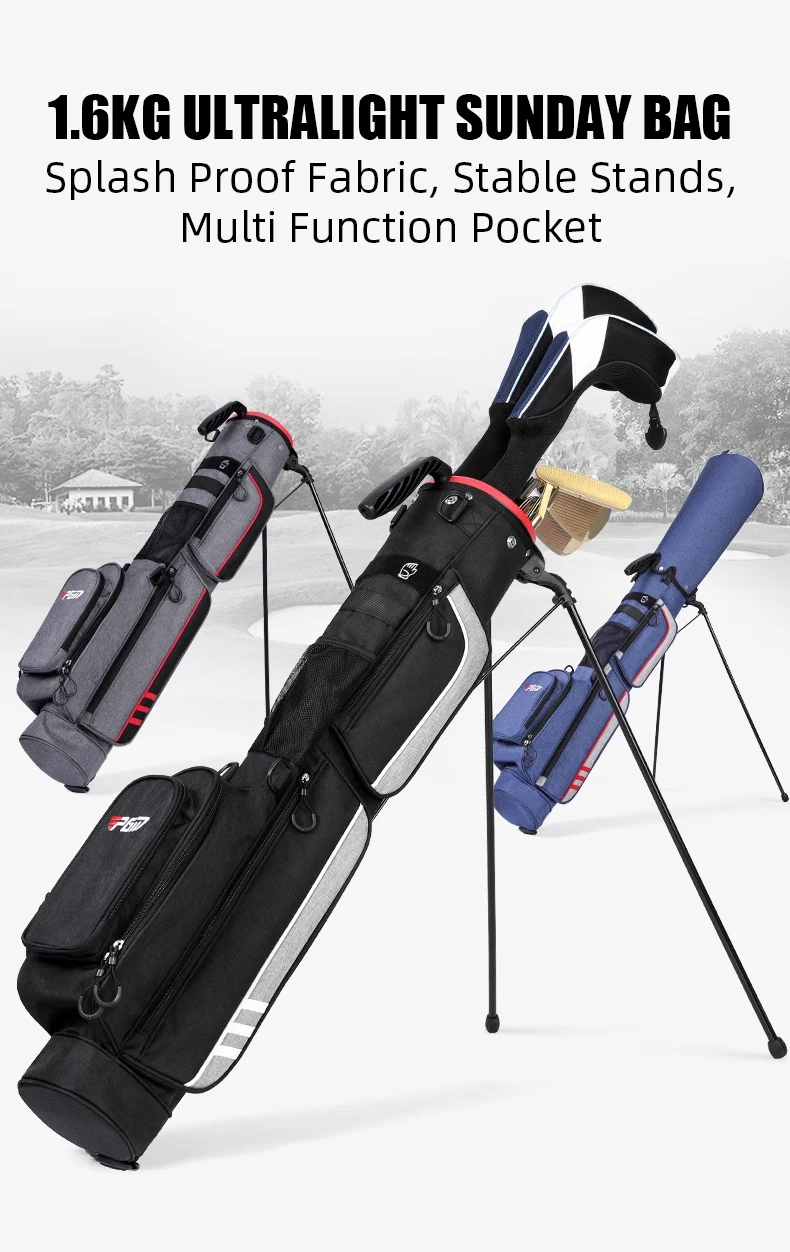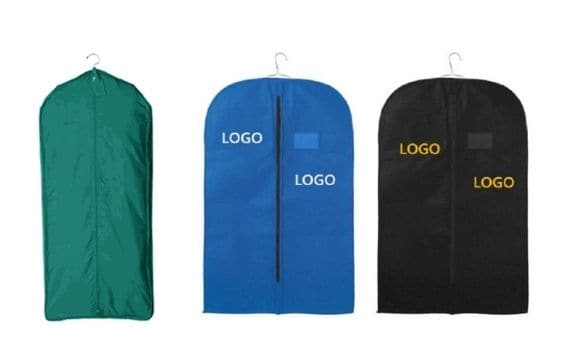Finding an exceptional leather goods manufacturer in Italy involves vetting for craftsmanship, specialization, and ethical practices. Top partners excel in quality and collaboration.
Table of Contents
- What Defines “Made in Italy” Leather Craftsmanship?
- How to Choose the Right Italian Leather Goods Manufacturer for Your Brand
- 8 Premier Italian Leather Manufacturers to Consider
- Key Considerations When Partnering with an Italian Factory
- Frequently Asked Questions About Sourcing from Italy
What Defines “Made in Italy” Leather Craftsmanship?
The “Made in Italy” label signifies more than a country of origin; it represents a deep-rooted tradition of excellence, passion, and unparalleled skill passed down through generations. When you source leather goods from Italy, you are investing in a legacy of quality that resonates with discerning consumers worldwide. This distinction is built on a foundation of superior materials and meticulous techniques that other regions find difficult to replicate.
The Legacy of Tanning and Artistry
Italian leather’s story begins in the tanneries, particularly in regions like Tuscany, where ancient vegetable tanning methods are still perfected. This process, using natural tannins from chestnut or quebracho wood, imbues the leather with a rich, warm patina that deepens beautifully over time. Unlike mass-produced, chrome-tanned leathers, Italian vegetable-tanned leather is an organic material that tells a story with every use. The artisans who work with these hides understand their unique characteristics, treating each piece not as a raw material but as a canvas for their art.
Uncompromising Material Quality
An elite leather goods manufacturer in Italy begins with the finest raw hides. Italian factories have long-standing relationships with tanneries that provide premium, full-grain leather. This is the highest quality grade, retaining the natural markings and dense fiber structure of the hide, which results in exceptional durability and a distinctive character. Manufacturers prioritize this quality because they know that the final product can only be as good as its foundational materials. From the hide selection to the thread and hardware, every component is chosen for its longevity and aesthetic appeal.
Attention to Detail in Every Stitch
The true mark of Italian craftsmanship lies in the details. It’s visible in the perfectly aligned, hand-sewn stitches, the skillfully burnished edges, and the precise construction of each piece. Italian artisans possess a unique sensitivity to form and function, ensuring that a handbag is not only beautiful but also balanced, and a wallet is not just slim but also practical. This obsessive attention to detail ensures that every product leaving the workshop meets an incredibly high standard of quality and refinement.
How to Choose the Right Italian Leather Goods Manufacturer for Your Brand
Selecting a manufacturing partner is one of the most critical decisions for a brand. The right factory becomes an extension of your team, dedicated to bringing your vision to life with precision and care. To navigate this process, focus on a few key criteria that separate the exceptional workshops from the rest.
Specialization and Product Focus
Not all Italian manufacturers are the same. Some specialize in producing high-volume, structured handbags, while others excel at creating small, intricate leather goods like wallets and belts. Does your brand require expertise in soft, unstructured totes or complex, artisanal briefcases? Ask potential partners for their portfolio and inquire about their core competencies. A factory that aligns with your specific product category will have the right machinery, skilled artisans, and technical knowledge to execute your designs flawlessly.
Minimum Order Quantities (MOQs) and Scalability
For both emerging and established brands, understanding a manufacturer’s production capacity is crucial. Minimum Order Quantities (MOQs) in Italy can vary significantly, from 20-50 pieces for smaller, highly specialized workshops to several hundred for larger factories. Inquire about MOQs upfront to ensure they match your business model. Equally important is the manufacturer’s ability to scale. As your brand grows, you need a partner who can increase production without sacrificing the quality that defined your initial collection.
Communication and Partnership Ethos
A successful partnership is built on clear and consistent communication. Language barriers can sometimes be a challenge, so look for a manufacturer with English-speaking staff who are responsive and transparent. The ideal partner is one who offers constructive feedback on your designs, suggests material improvements, and collaborates with you to solve problems. They should demonstrate a genuine investment in your brand’s success, functioning as a true partner rather than just a supplier.
8 Premier Italian Leather Manufacturers to Consider
Italy is home to countless workshops, but these manufacturers stand out for their commitment to quality, craftsmanship, and client collaboration. They represent a mix of heritage brands and modern factories capable of handling diverse needs.
-
Beldtura Leather: As a premier OEM/ODM manufacturer, we at Beldtura Leather specialize in translating a brand’s unique vision into tangible, high-quality leather goods. Our strength lies in a collaborative design and development process, where we work hand-in-hand with clients from initial sketch to final production. We pride ourselves on flexible MOQs, meticulous craftsmanship, and a deep understanding of both classic techniques and modern market trends. We are an ideal partner for brands seeking a dedicated team to create custom handbags, wallets, and accessories that embody the spirit of “Made in Italy.”
-
Pelletteria Artigiana Viviani: Located in the heart of Florence, this family-run workshop has been producing handmade leather goods for generations. They are renowned for their traditional Florentine style and offer both their own collection and private label services for brands seeking authentic, artisanal products.
-
Il Bisonte: While primarily a brand, Il Bisonte’s factory in Tuscany is a testament to the beauty of vegetable-tanned leather. They are known for their naturally aging products and represent the pinnacle of this specific craft. For brands focused on sustainable and timeless designs, their work serves as a benchmark for quality.
-
Carbotti: With decades of experience, Carbotti has a strong reputation for producing classic, structured leather handbags. They offer private label manufacturing services and are known for their reliability and consistent quality, making them a solid choice for established brands.
-
Fratelli Peroni: Specializing in small leather goods, Fratelli Peroni creates exquisite wallets, coin cases, and accessories using the traditional “cuoio artistico fiorentino” technique. Their meticulous, seamless construction makes them a go-to for luxury accessory brands.
-
L.A.P.A. (Lavorazione Artigianale Pelletterie Affini): This Florence-based company is a well-regarded manufacturer for luxury brands. They have the capacity for larger production runs while maintaining a high standard of quality and are experienced in working with international clients.
-
The Bridge: Another iconic Florentine brand whose production methods are widely respected. They embody a classic, British-inspired aesthetic blended with Italian craftsmanship. Studying their construction offers valuable insight into high-quality manufacturing standards.
-
Valextra: Representing the absolute peak of Italian luxury leather goods, Valextra is known for its minimalist designs, innovative construction, and flawless execution. While not a private label manufacturer in the traditional sense, their factory and processes are the gold standard to which many other artisans aspire.
Key Considerations When Partnering with an Italian Factory
Beyond finding a workshop with the right skills, a successful partnership depends on aligning expectations and understanding the production process. A transparent and detailed discussion at the outset prevents future complications. Use this table as a checklist when vetting potential partners.
| Factor | Importance | What to Ask |
|---|---|---|
| Lead Times | High | What is your typical production timeline from sample approval to shipment? |
| Sampling Process | High | What are the costs and timelines for creating prototypes and sales samples? How many revisions are included? |
| Material Sourcing | High | Can you source specific types of leather or hardware? Do you have certifications for ethical and sustainable materials? |
| Payment Terms | Medium | What are your standard payment terms? (e.g., 50% upfront, 50% upon completion) |
| Quality Control | High | What is your quality control process? How do you handle defects or inconsistencies? |
| Shipping & Logistics | Medium | Can you assist with international shipping and customs documentation? |
Frequently Asked Questions About Sourcing from Italy
Navigating the world of Italian leather manufacturing can bring up several questions. Here are clear answers to some of the most common inquiries.
Why is Italian leather considered the best?
Italian leather’s reputation is built on a combination of factors: the use of high-quality, full-grain raw hides, a long-standing tradition of superior tanning techniques (especially vegetable tanning), and the unmatched skill of multi-generational artisans. This trifecta results in a material that is durable, beautiful, and develops a unique character over time.
What is the average cost for private label manufacturing in Italy?
Costs can vary widely based on the complexity of the design, the quality of materials, order quantity, and the prestige of the manufacturer. A simple leather wallet might range from €30-€80 per unit, while a complex handbag could be anywhere from €150 to over €500. It is essential to get detailed quotes based on a technical pack or physical sample for an accurate estimate.
How can I verify a manufacturer’s “Made in Italy” claim?
True “Made in Italy” products must be entirely designed, manufactured, and packaged in Italy. To verify, ask the manufacturer for transparency about their process. Request a factory visit if possible. Reputable manufacturers are proud of their workshops and will be open about their production. Additionally, you can check for certifications from industry bodies like the Consorzio Vera Pelle Italiana Conciata al Vegetale for vegetable-tanned leather.
Forging a partnership with an Italian leather goods manufacturer is an investment in your brand’s future. The right collaborator will not only produce your collection but will also contribute their expertise to elevate your designs. By focusing on specialization, clear communication, and a shared commitment to quality, you can build a lasting relationship that brings the unparalleled prestige of Italian craftsmanship to your customers.



